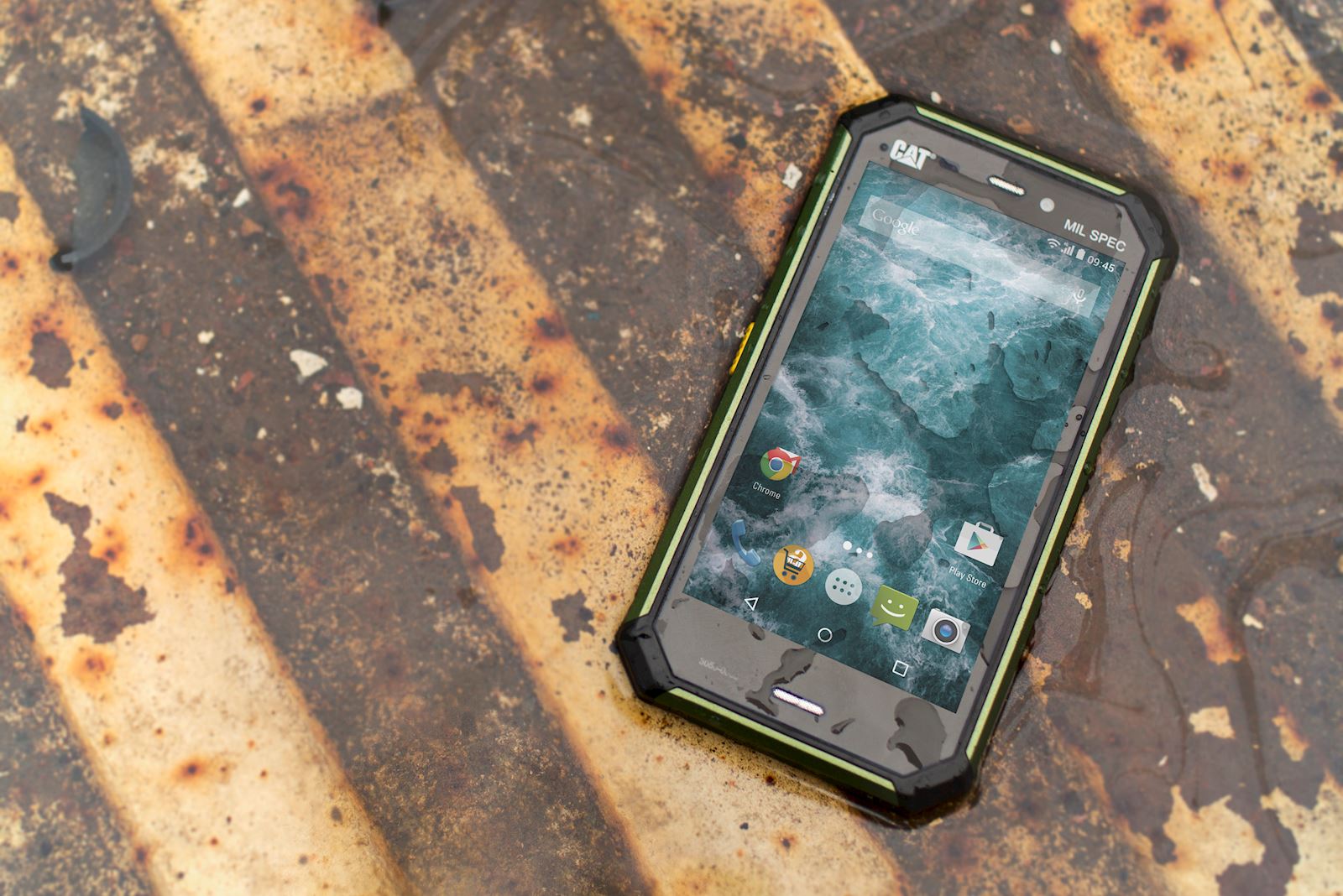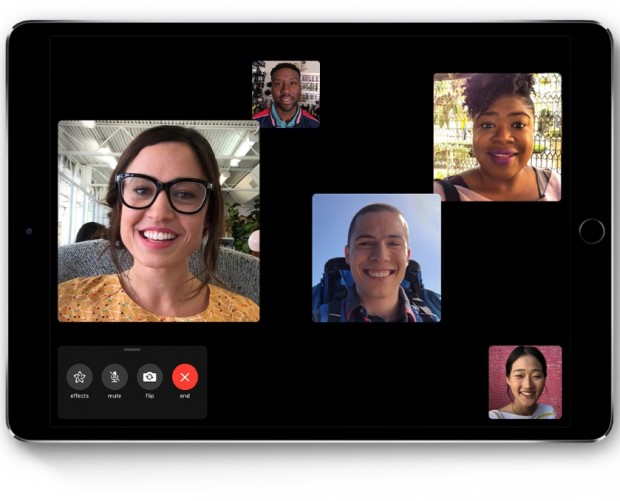Online forums and communities can serve as a great way to connect with like-minded individuals to get relevant news and updates on COVID-19. For instance, Reddit, an online forum (with an app!), has “subreddits” that serve as sub-forums for various topics. Its “r/worldnews” and “r/coronavirus” can be great sources of updates on coronavirus news. Even social media like Facebook and Twitter provide live updates on COVID-19 news from local government agencies and the world at large from various pages and accounts.
Keeping ourselves informed isn’t just limited to reading news on social media. Whenever possible, it’s important to know how to properly follow procedures for various emergency situations. Thankfully, a number of apps exist that serve as offline guides for civilians to use. These apps take cues from army personnel and the tactics they follow. Some app examples are Army Survival Handbook (for outdoors), or even Soldier’s Blue Book (if you want to be familiar with military protocol).

Find ways to stay relaxed, calm, and collected as much as possible.
Despite being in a crisis, we shouldn’t let the pandemic deprive us of the opportunity to get a bit of R&R. This doesn’t necessarily mean just “go with the flow” or not plan. Rather, we should take a page off the military’s handbook and make sure we get our equivalent of team rotations and rest cycles at home, or wherever we’re staying. Being tired makes us prone to make mistakes, wrong judgment calls, and in the case of a health crisis, more susceptible to get sick.
Schedules make things more bearable and organized. One of the leading causes of panic is the thought of things being “disorganized.” Maybe a scheduling app can help you give yourself a much-needed breather. Apps like TimeTune, Timetable, and ClassUp can help you put your to-do list on a handy schedule. This makes sure you have time to do essentials for COVID-19 preparedness and still have time to relax.
Keep a few games and entertainment options on your mobile phone. Just because you should be prepared doesn’t mean you shouldn’t have fun. A few puzzle games or even mobile MOBAs here and there can help us keep alert and energized. Meanwhile, Netflix and YouTube can also help us relax and watch our favorite shows for relief.
Sleep and meditative applications like Calm and Headspace can also help keep yourself grounded and calm if you feel panicked. Guided meditation apps like Serenity and Let’s Meditate have meditation routines you can follow to help yourself relax as well.
The Fight Against Coronavirus: Stay Safe, Stay Sharp Physically, Virtually
With the above tips in mind, it’s important to remember that almost everything around us can be used to our advantage if we think and we plan hard enough. In the case of our gadgets, their applications can actually be used to help us stay alert of our surroundings and deal with various risky situations. Apps like Facetime can actually be used to find news, communicate with friends, family, and local authorities, and even find relevant updates on things that can affect the way we live during this quarantine period.
Remember, now’s the perfect time to be aware of the apps you have on your gadgets and to figure out how to use them to your utmost advantage. You may be staying at home, going out to buy essentials, or being part of the frontlines. You need all the tools you can get to maintain your safety in this coronavirus crisis!
Use this opportunity to use applications like Facetime for Android and other alternatives to keep in touch with family members, friends, and government authorities.
Editor’s note: This article was written by John Wyatt, a very tech-savvy but also very traditional person. John enjoys typing on his laptop just as much as he does writing with a pen, and this is reflected in his creative work — be it articles, blogs, or even simple posts. He loves writing about science and technology, psychology, health and wellness, and other topics he knows his readers will love to explore.











COMMENTS